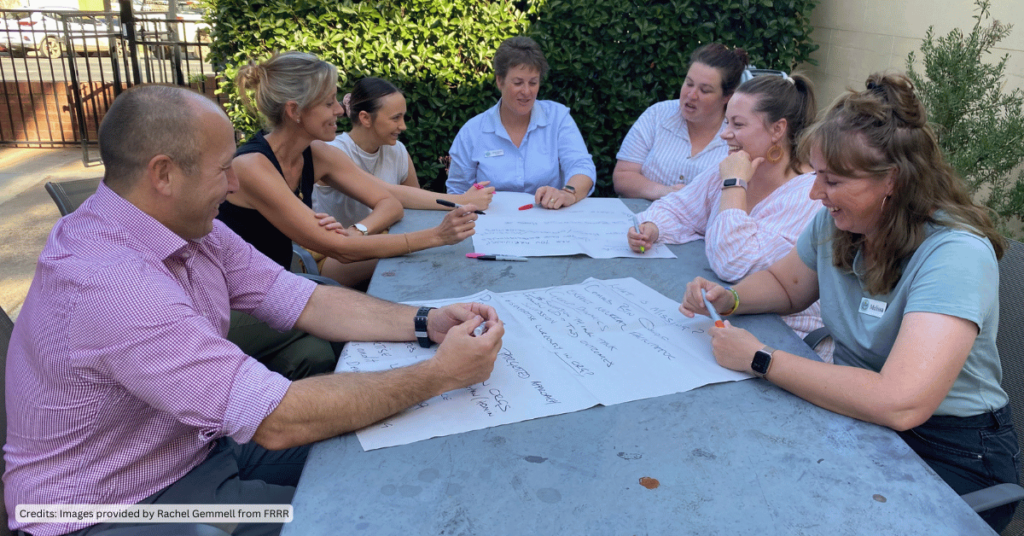46 projects set to share in nearly $1.3M to prepare for dry times.
Funding from the Australian Government’s Future Drought Fund through the Helping Regional Communities Prepare for Drought Initiative’s Small Network Grants.
FRRR has awarded $1,285,219 to 46 not-for-profit organisations (NFPs) for projects that will strengthen community preparedness and resilience to manage the impacts of future droughts.
Nina O’Brien, FRRR’s Disaster Resilience and Recovery Lead, highlighted that these grants will make a practical difference in some of the areas most sensitive to drought and help communities prepare for the inevitable dry times ahead and challenges that, in some cases, are already evident.
“The diversity of organisations that have applied, coupled with our discussions with local leaders, provide invaluable insights into the wide range of persistent and emerging needs that remote, rural and regional Australia is facing in relation to drought.”
“Mental wellness and personal resilience continue to be a strong theme.”
According to O’Brien strengthening personal skills and social connections at a grassroots community level will really pay positive dividends in the next drought.
“Proactive initiatives include Holbrook Landcare’s series of events in southwestern NSW featuring The Resilience Guys, who will focus on positive mental health and informal support mechanisms,” added O’Brien.
O’Brien highlighted that this is a great example of a project that makes a difference on the ground, particularly for people who may not access traditional mental health services.
“Other projects include Katherine Town Council (NT), who are organising facilitated workshops for women focussing on social resilience and online support sessions, as well GroWQ who are set to deliver mental and physical first aid training across Far West QLD.”
“Both these projects respond to the challenges of remoteness in drought-sensitive regions.”
According to the Disaster Resilience and Recovery Lead, community groups are also finding alternative ways to support information sharing and connection to counter the closure of media outlets in some regional areas, which is leaving people feeling disconnected and unheard.
“The emerging importance of locally-based, community radio projects such as 2Dry FM in Broken Hill in New South Wales, are an example of how communities are adapting to local needs, changing ways to stay informed about future climate and to stay connected.”
“These Small Network Grants are flexible and help extend the geographic reach of the overall program, which means they will help address a wide range of needs that local community organisations have identified in diverse locations.
“We look forward to seeing how these grants help communities be better connected, informed and resourced in the next drought,” said O’Brien.
Menchie Khairuddin is a writer Deputy Content Manager at Akolade and content producer for Third Sector News. She is passionate about social affairs specifically in mixed, multicultural heritage and not-for-profit organisations.
- Menchie Khairuddinhttps://thirdsector.com.au/author/menchi-kakolade-co/
- Menchie Khairuddinhttps://thirdsector.com.au/author/menchi-kakolade-co/
- Menchie Khairuddinhttps://thirdsector.com.au/author/menchi-kakolade-co/
- Menchie Khairuddinhttps://thirdsector.com.au/author/menchi-kakolade-co/











